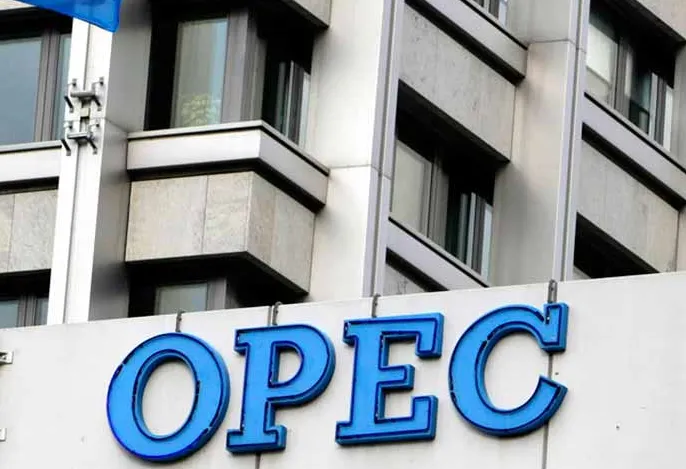The Organization of the Petroleum Exporting Countries (OPEC) plays a pivotal role in the global oil market. Established in 1960, OPEC aims to coordinate and unify the petroleum policies of its member countries to secure fair and stable prices for petroleum producers. As of 2025, OPEC comprises 13 member nations: Algeria, Congo, Equatorial Guinea, Gabon, Iran, Iraq, Kuwait, Libya, Nigeria, Saudi Arabia, the United Arab Emirates, Venezuela, and Angola.
OPEC’s Share of Global Oil Reserves
OPEC member countries collectively hold a significant portion of the world’s proven crude oil reserves. According to the OPEC Annual Statistical Bulletin 2024, these nations possess approximately 79.1% of the world’s proven crude oil reserves, totaling about 1,241.33 billion barrels. Notably, the majority of OPEC’s oil reserves are located in the Middle East, accounting for 67.3% of the total OPEC reserves.
OPEC’s Share of Global Oil Production
In terms of production, OPEC member countries significantly influence global oil supply. In 2023, OPEC’s crude oil output accounted for approximately 27% of the world’s total petroleum liquids production. Saudi Arabia, as the largest producer within OPEC, contributed notably to this output. In 2023, Saudi Arabia’s production was more than twice that of Iraq, the second-largest producer in the organization.
OPEC’s Influence on Global Oil Prices
OPEC’s substantial share of global oil reserves and production grants it considerable influence over international oil prices. By adjusting production levels, OPEC can impact global supply, thereby influencing prices. For instance, production cuts by OPEC have historically led to price increases, while production hikes have contributed to price declines. This influence is particularly pronounced due to the strategic role of Saudi Arabia, which has historically maintained significant spare production capacity, allowing it to adjust output in response to market conditions.
Recent Developments and Challenges
In recent years, OPEC has faced challenges that have affected its control over the oil market. The emergence of non-OPEC oil producers, particularly the United States with its shale oil production, has introduced new dynamics to the global oil supply. This development has impacted OPEC’s ability to influence prices solely through production adjustments. Additionally, geopolitical factors and varying compliance among OPEC members regarding production targets have further complicated the organization’s efforts to maintain market stability.
Conclusion
OPEC’s control over a substantial portion of the world’s oil reserves and its significant share of global production underscore its influential role in the international oil market. However, the evolving energy landscape, characterized by technological advancements and geopolitical shifts, presents both challenges and opportunities for OPEC as it seeks to navigate the complexities of modern energy markets.
Related topics:

